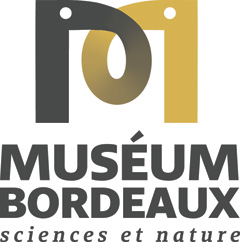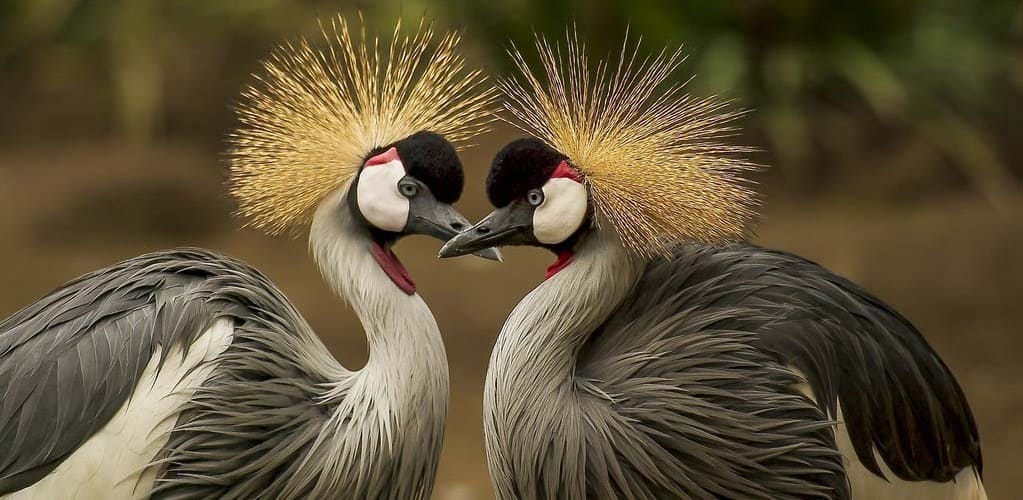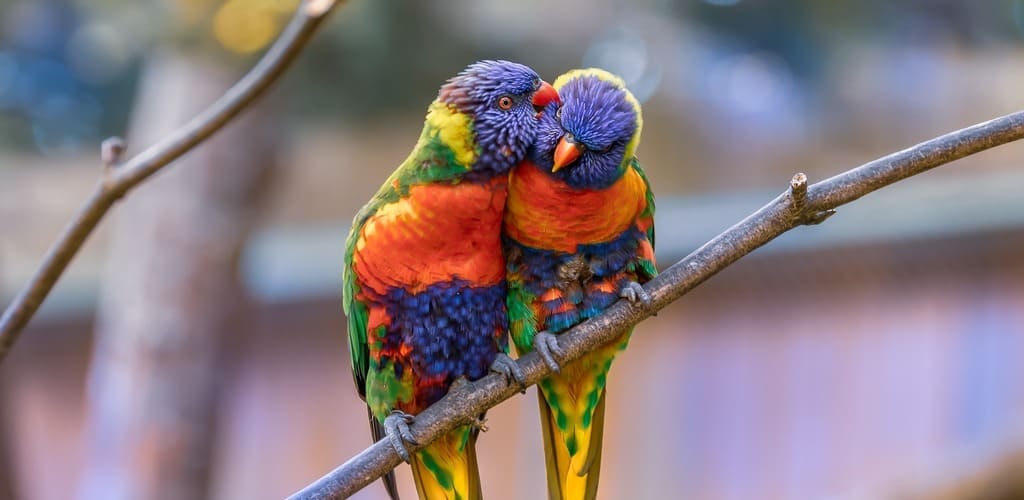Public activities, children from aged 5
What is a bird? The youngest visitors are likely to answer ‘sparrow’ or ‘pigeon’, rarely ‘duck’ or ‘chicken’, and sometimes even ‘bat’ or ‘dragonfly’ gets a mention! After exploring the subject guided by the facilitator and with reference to a range of specimens from the museum collections, participants will learn about the major characteristics of birds.
Why do birds sing? Why is there such variety in their beaks and legs? The facilitator will guide participants as they discover just how diverse this group is, while helping to develop their observation skills and spark their curiosity.
The following ideas and concepts will be explored:
The characteristics that define species in the bird group, i.e. feathers, a beak, wings and oviparity.
Birds use their beak to catch, grab and carry food for themselves and their young. The different specimens presented during the workshop will illustrate how the techniques they employ to hunt and catch food have adapted to the diversity of bird diets: ducks have a flat beak, kites a hooked beak, kingfishers a long, narrow one, etc.
Birds have legs of different shapes and sizes which reflects the extreme diversity of their behaviours (perching on a branch, keeping balance, running, capturing prey, etc.).
Songs and calls are forms of communication among birds. Birdsong is composed of complex and often harmonious melodies. Male birds generally do the singing, to attract females or mark their territory.
Workshop aims:
- Describe and know a few different bird species
- Learn about the diversity of the bird world
- Understand bird behaviour
- Observe and learn by handling real specimens
During the workshop, the facilitator will present a range of stuffed specimens from the museum collections (tit, duck, kite, seagull, starling) as well as eggs, skulls and feathers. Participants will also be introduced to learning resources specially devised for the workshop including a listening game.
To book a workshop of The Museum comes to you and on all administrative matters, the secretariat is listening to you.
By phone: 05 24 57 65 30
By e-mail: museum@mairie-bordeaux.fr





